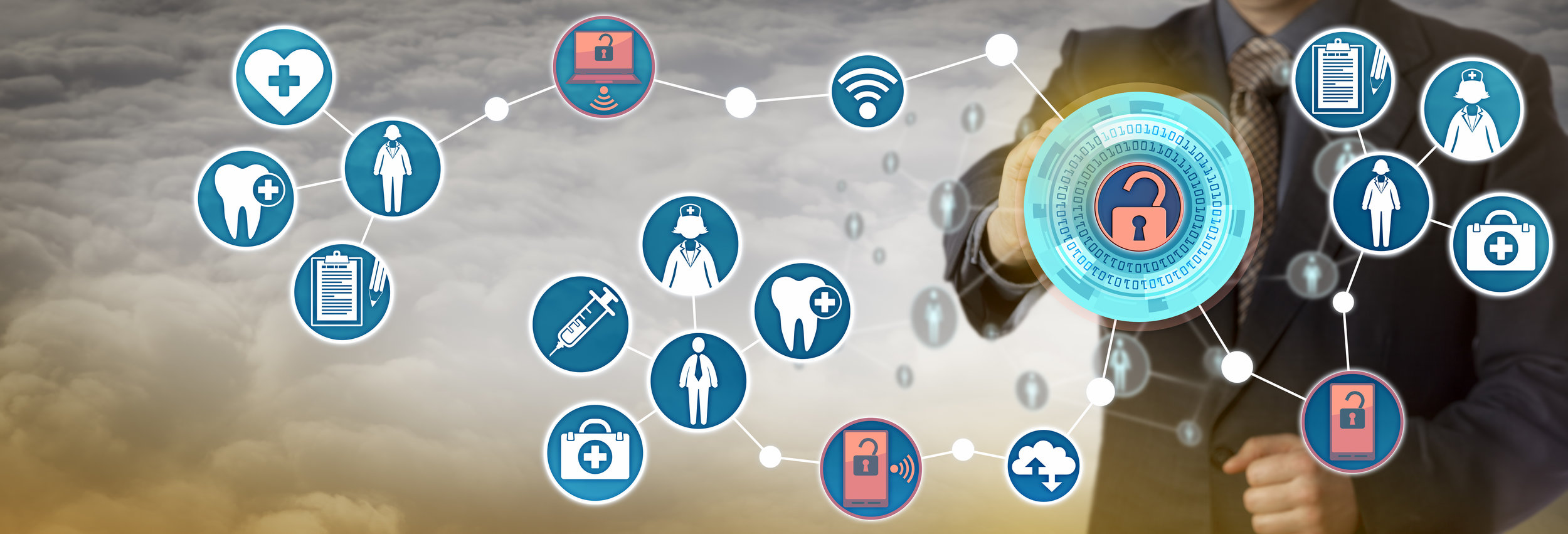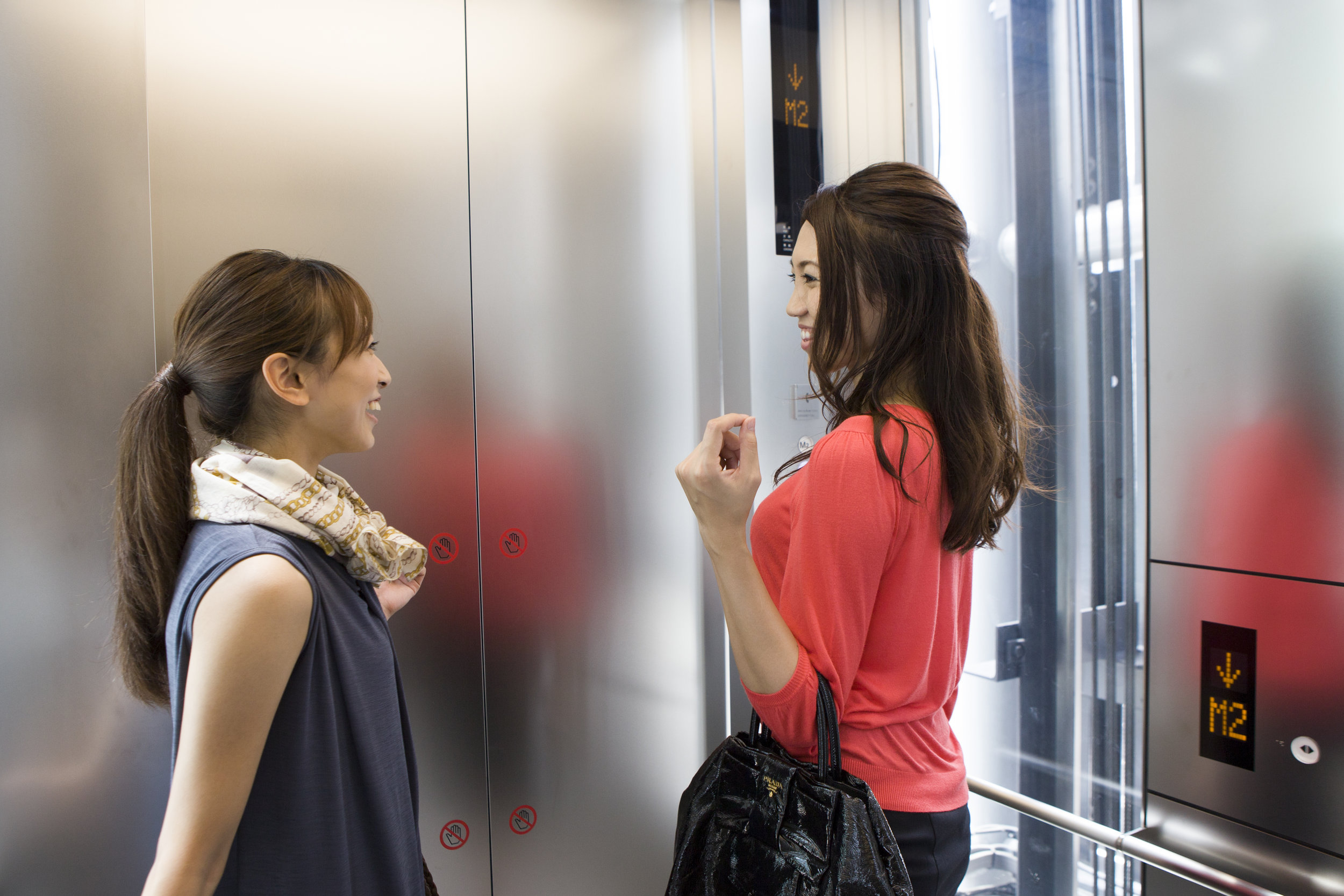As chronic and autoimmune patients, we live lives of heightened control. Different conditions can be controlled by varying degrees. Some, like diabetes (my main one) allow for a lot of control because we know what causes it and therefore, what to do to regulate it. Some, like fibromyalgia are less well known, and therefore, it is harder to regulate. Either way, we focus on whatever details we can. We plan, we plot, we obsess over every possible way to exercise as much power as we can over our recalcitrant bodies. We think that if we can control all of these little details, our lives will be as close to normal as we can get.
The control we seek can involve several elements: nutrition, exercise, physical therapy, psychotherapy, medication, and medical devices. As research and treatments evolve, new or enhanced ways to address those elements become available. They may or may not be right for your condition, but we tend to jump on them anyway. If it’s new, it must be better, right? The next thing is the best thing.
Not so fast. The risks involved with new treatments can be scary, especially if the old one is working.
I have a thing when it comes to my condition. Everyone has a thing. We do it when we feel anxious or out-of-control, or sometimes when we feel anxious and out-of-control. Mine is research. If I learn of something that could help me exercise more control over my condition, I will research it to death. I read academic articles, reviews, technical specs if it’s a device, and talk to the people who run it.
While some of that information might be useful, not all of it is necessary. Here are a couple of things you can do to make an informed decision about a new treatment:
- Check with the FDA: Their processes for approval are lengthy and burdensome, but (annoying as they are) they are there for a reason. Run any new drug treatments, devices, and sometimes even diet supplements through their database and see what they have to say about the risks.
- Check with your trusted providers: You know your disease, but they will often know a lot about these “next best things”. Discussions with them are better than whatever you can come up with on the internet because you can’t tailor someone else’s reviews to how your body works. They will tell you whether the next development is just bells and whistles and not worth the money, or whether the latest diet trend is worth a try or a total fad. They will listen and make suggestions if you want to try new avenues of treatment.
- Listen to the voice inside your head: The truth is, we know. With a basic understanding of how the next best thing works, we know whether it will work for us. Instinct tells us. It’s hard to hear if we are feeling insecure or out-of-control, though. In those moments, we are prone to bury our inner voice under whatever we need to justify a new tool to address an old problem. Every time I have asked for a crutch to help me lose weight, the answer – from multiple doctors at different times – has always been no. Even using something as basic as an appetite suppressant could have a negative effect if used over a prolonged period of time. Each time I knew what they would say before I asked. I also knew they were right.
There’s a large industry built around all of these treatments, both legitimate and not. That industry spends a lot of money on advertising. They wouldn’t do that if it didn’t work. So, evaluate, but don’t get stuck in what the business world calls analysis paralysis. If whatever you choose doesn’t work, you can always go back to the way it was.










